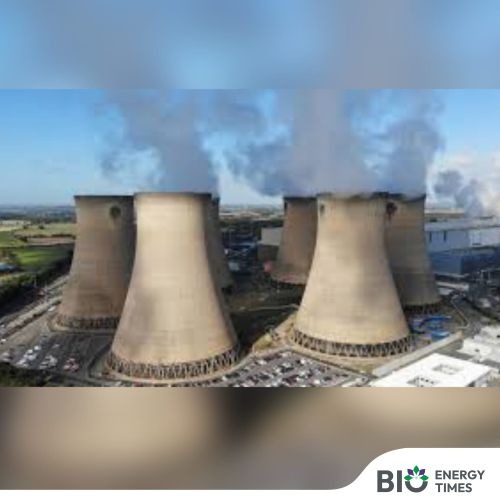Amid worsening air pollution in the national capital and the activation of Stage III of the Graded Response Action Plan (GRAP), Congress leader Jairam Ramesh highlighted that such emergency measures have become the “dominant focus” of clean-air efforts rather than long-term prevention.
Ramesh recalled that the Supreme Court had mandated the implementation of GRAP in 2017 in response to the recurring smog crisis in Delhi. He noted that the plan was initially expected to become less necessary over time as year-round emission control measures improved.
“GRAP-III has just been activated in the nation’s capital. Responding to the 2014–17 winter pollution crisis, the Supreme Court mandated the Graded Response Action Plan (GRAP) for emergency measures during severe smog episodes. This was notified in January 2017,” Ramesh wrote on X (formerly Twitter).
“GRAP was expected to become less necessary over time as year-round emission reduction improved. Sadly, it has remained the dominant focus of clean-air action. It was initially implemented only after three consecutive ‘severe’ days but now responds continuously to fluctuations in air quality. It is, therefore, essentially reactive,” he added.
Calling for stronger, year-round action, Ramesh urged for “tough multi-sectoral measures” implemented with “scale and speed” to tackle pollution effectively. He stressed that Delhi still needs to reduce its annual PM2.5 levels by over 60% to meet the National Ambient Air Quality Standards.
“The emphasis is on crisis management, not crisis avoidance. We need tough multi-sectoral actions throughout the year — not just in October and November — to make real progress and reduce the grave public health risks. Delhi still requires a reduction of more than 60% in annual PM2.5 levels to meet national air quality norms, let alone the stricter WHO guidelines,” he stated.
As air quality in Delhi deteriorated sharply, the Commission for Air Quality Management (CAQM) on Tuesday enforced Stage III restrictions under GRAP across the entire National Capital Region (NCR), categorising Delhi’s air quality as ‘Severe’.
The CAQM sub-committee invoked the measures after the Air Quality Index (AQI) rose from 362 on Monday to 425 on Tuesday morning, attributing the spike to calm winds, a stable atmosphere, and unfavourable weather conditions.
“Considering the prevailing trend of air quality, the Sub-Committee has decided to invoke all actions under Stage III of the existing GRAP — ‘Severe’ Air Quality (Delhi AQI ranging between 401–450) — with immediate effect across the NCR. This is in addition to the actions already in force under Stages I and II,” the CAQM said in a statement.
Under Stage III, additional curbs are imposed, including a ban on construction and demolition activities, except for essential infrastructure projects like roads, railways, and airports. Industries using unapproved fuels must suspend operations, while authorities are directed to intensify mechanical road cleaning and dust suppression through water sprinkling.
The CAQM said the move aims to “prevent further deterioration of air quality in the region” and complements the measures already implemented under the earlier stages of GRAP.















